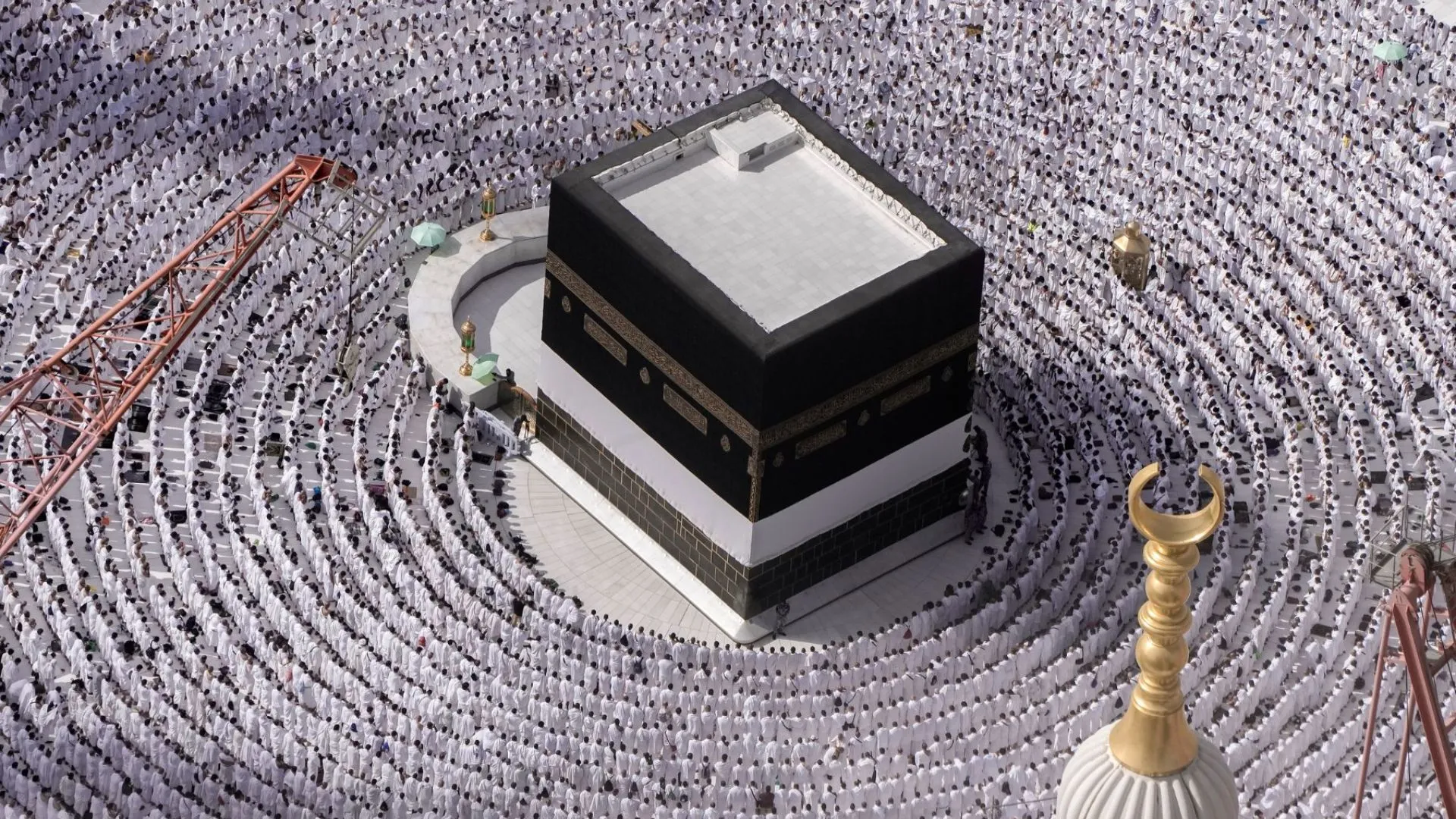
Saudi Arabia to Stream Hajj Sermon in 35 Languages for Global Audience
In a historic step to bridge faith and culture, the Saudi Presidency for Religious Affairs has announced that this year’s Hajj Sermon in 35 languages will be translated and streamed worldwide. The initiative, set to unfold on the Day of Arafat, is designed to ensure that the spiritual message reaches millions of Muslims around the world—many in their native languages for the first time.
The Hajj Sermon in 35 languages project is spearheaded by Sheikh Dr. Abdulrahman Al-Sudais, President of Religious Affairs at the Grand Mosque and the Prophet’s Mosque. During a recent planning session at the Grand Mosque in Makkah, final arrangements were reviewed, and readiness was confirmed. Dr. Al-Sudais emphasized that the initiative not only enhances the spiritual experience for pilgrims but also promotes global Islamic values of tolerance, balance, and moderation.
What message Hajj Sermon in 35 languages will give to the world?
By translating the Hajj 2025 sermon, Saudi Arabia is amplifying the core message of the Hajj—unity, humility, and submission to God. The sermon will be delivered by Sheikh Dr. Saleh bin Humaid, Imam of the Grand Mosque, at Mount Arafat. Through simultaneous broadcasts and digital platforms, the initiative will allow audiences across continents to connect with the sacred message in real time.
This global translation effort highlights the Kingdom’s ongoing commitment to fostering religious understanding. It is part of the broader Custodian of the Two Holy Mosques’ program, which aims to position Saudi Arabia as a leader in faith outreach through digital innovation. From mobile apps to live translations, the project is rooted in technology that connects hearts across borders.
Modern tools to be used
Officials from the Presidency confirmed that the extensive use of modern tools, including streaming platforms, social media, and multilingual apps, will carry the sermon far beyond the Holy Sites. The initiative also aligns with the Kingdom’s larger vision of making the pilgrimage more inclusive, accessible, and meaningful for all Muslims, regardless of language.







